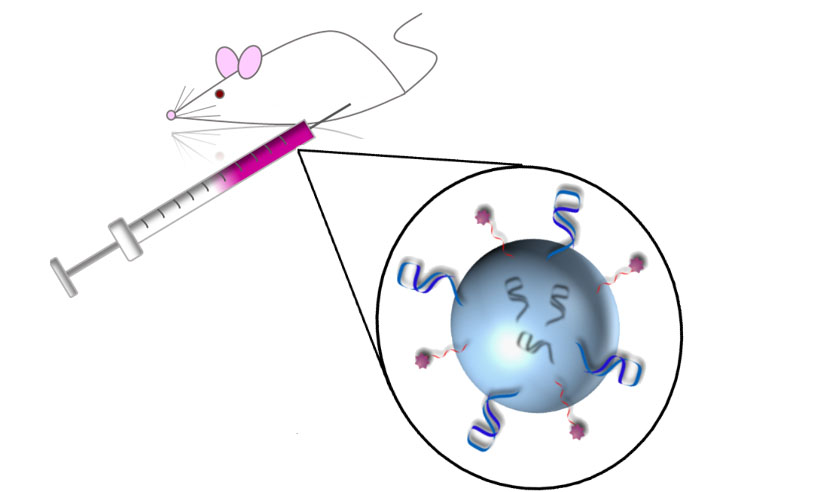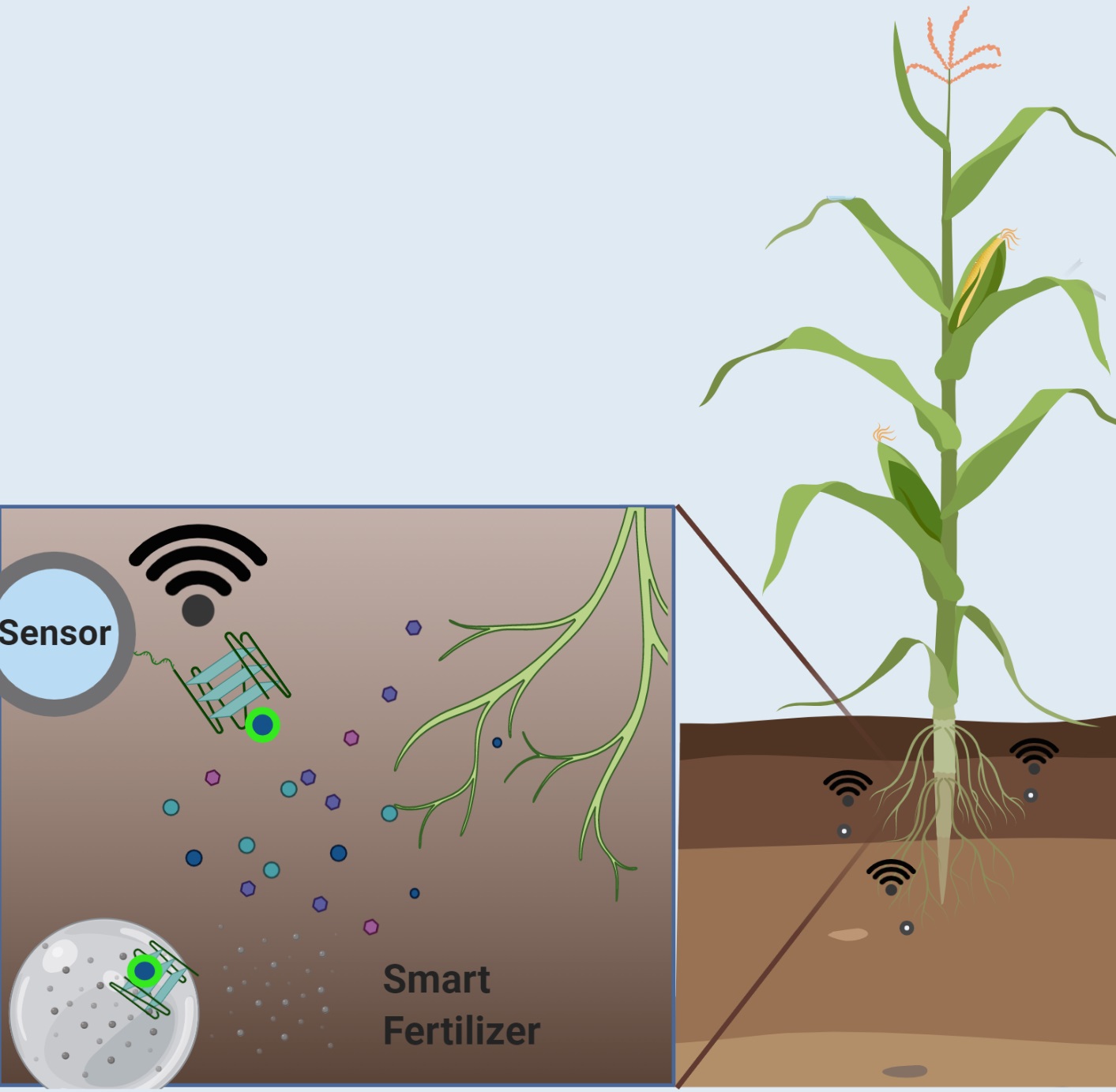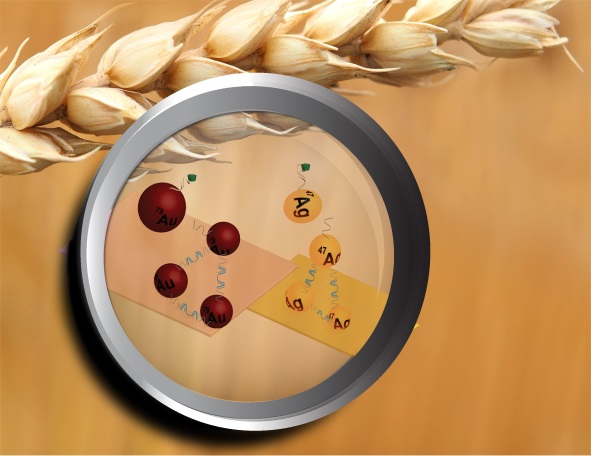Dr. DeRosa’s Lab, the Laboratory for Aptamer Discovery and Development of Emerging Research (LADDER), seeks to develop biosensors and “smart” materials based on aptamers, single stranded DNA or RNA sequences that specifically bind to a diverse variety of targets. Projects in our lab draw on inorganic, organic, materials, and nucleic acids chemistry. Several main research themes are outlined below:

1) Human and Ecosystem Health: We have several projects where we apply our aptamer technology to problems in health. We have developed MRI and CT contrast agents that use aptamers for targeting. Working with colleagues in neuroscience, we have developed an aptamer-based tool to study, and perhaps one day treat, Parkinson’s Disease. We have also discovered aptamers for cancer detection.

2) Molecules and materials for sustainability: Our research on aptamers for controlled release applications is being to “smart” fertilizer technology. Fertilizers play a critical role in increasing agricultural outputs but at high economic and environmental costs. The smart fertilizer concept involves the use of aptamers to recognize chemical signals that are exuded from crop roots to trigger the release of nutrients on demand, lowering costs for the farmer and lessening environmental impact.

3) Food Safety, Security, and Analytical Methods: The presence of unsafe levels of contaminants in food is a growing public health problem that requires new technology for monitoring the food continuum from production to consumption. Aptamers for food safety targets, such as parasites, bacteria, and mycotoxins, have been discovered and tested in the LADDER. Our main interest is to develop low‐cost, sensitive, robust biosensors for the detection of targets, mycotoxins in particular, at early stages in the food production chain (e.g. farm and grain elevator).